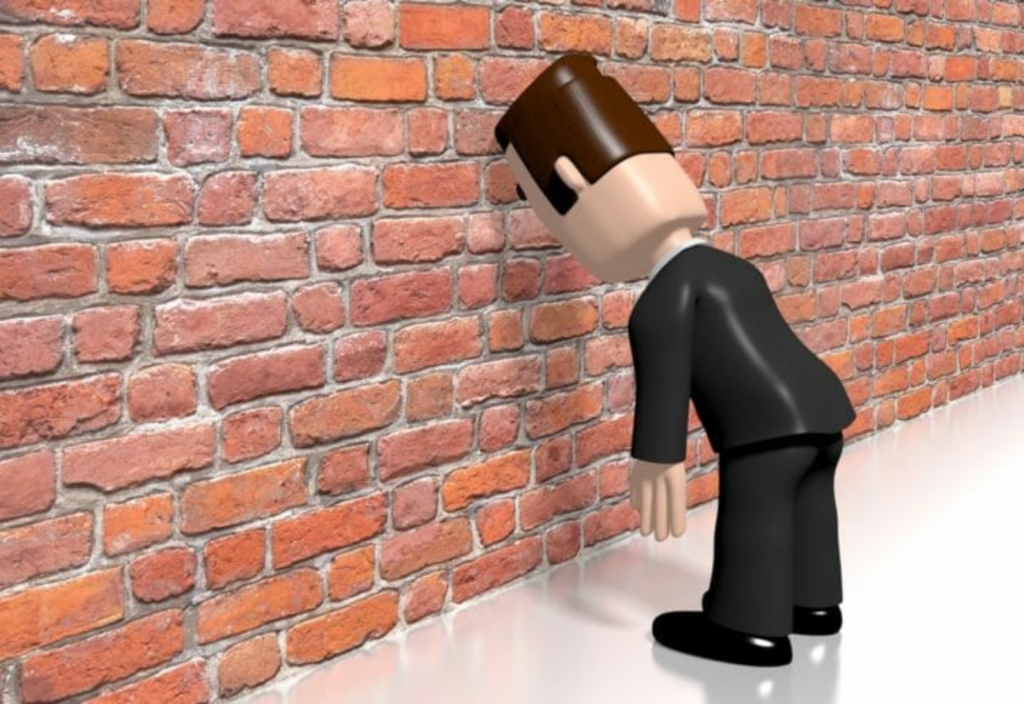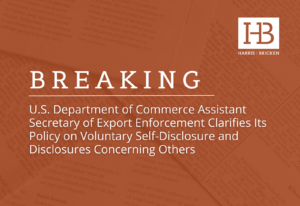Stop. Do not hit delete.
When a dispute might lead to litigation, it is crucial to press pause on the delete button and press save instead. In California, the duty to preserve evidence triggers when a party reasonably should know of its relevance. There is nothing worse than having to explain in the middle of trial why evidence was destroyed. Not only does this hurt your credibility, but it also distracts from the evidence you have already presented to the court or jury to find in your favor.
Evidence Spoilation Examples
You’re the CEO of a burgeoning startup, and one day, amidst the buzz of your daily operations, you receive a notice of impending litigation related to a contract dispute from two years ago. In the heat of the moment, considering the email exchanges from that period trivial, your IT manager purged old emails to free up server space, including those related to the dispute. Now, as you stand before a jury, you’re not just defending your company’s actions; you’re also fighting the doubt cast by the missing emails. What message do you think this sends to the jury about your company’s integrity? How would you, as the CEO, navigate this situation in the future, knowing that every piece of evidence, no matter how insignificant it seems, could have been pivotal in proving your case?
Let’s take another scenario. You’re a property owner involved in a boundary dispute with a neighbor. Early on, you took photos with your phone showing landmarks and fence lines. Thinking the issue resolved, you deleted the photos to clear space on your device. Fast forward a year, and the dispute escalates to legal action. Those photos, now lost, could have offered clear evidence to support your claim. Reflect on how different the outcome might have been had those photos been preserved and presented in court. How would you advise someone in a similar situation to manage such potentially crucial pieces of evidence?
The Lesson: Do Not Destroy Evidence
As seasoned trial attorneys know, in most cases there is no “smoking gun.” A deleted email or a missing document is usually not that important. But juries do not know that. What they hear when the other side raises the issue of evidence spoliation at trial is that evidence is missing, and you destroyed it. Guess what? That evidence is now elevated in importance. Juries will assign spoliated evidence greater weight than they would have if it had simply been preserved and produced.
Guidelines and Sanctions
This is not to say evidence is never lost or deleted prior to litigation. It happens. If it becomes an issue during trial, the remedy is limited. CACI instruction 204-Willfull Suppression-provides for an adverse inference instruction against the party responsible for the concealment or destruction of evidence. The instruction allows the jury to consider whether the missing evidence was intentionally concealed or destroyed and if the evidence would have been unfavorable to the party responsible.
A Case is More Than a Single Piece of Evidence
A case is rarely, if ever, won or lost based on one piece of evidence. Strong cases rely on a variety of sources to convince the judge or jury to find in your favor. By diligently preserving all relevant materials at the first inkling of a dispute, parties in California can ensure a fair and just resolution to their disputes, free from the cloud of suspicion that arises from missing or destroyed evidence. Evidence preservation matters.

















